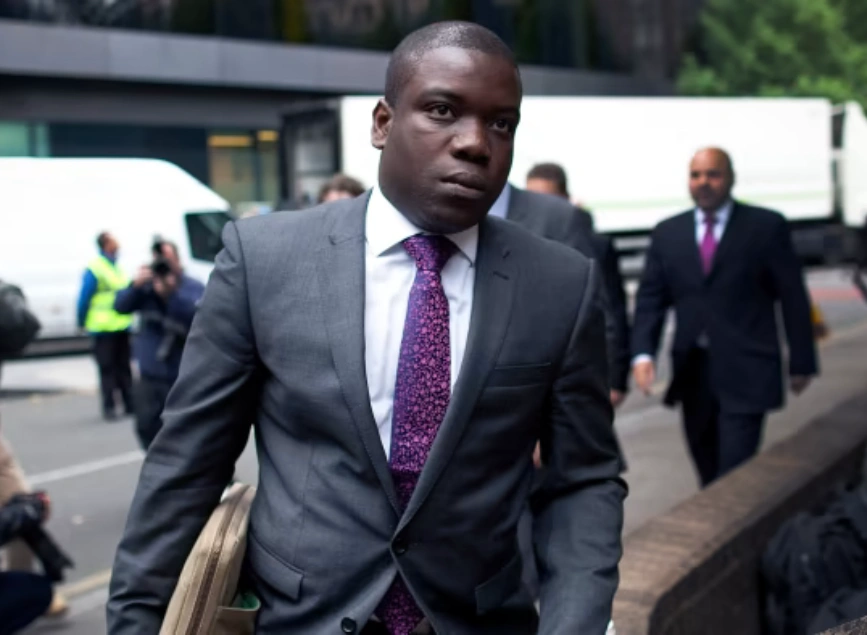
From Fall to Rise: Kweku Adoboli, The Trader Who Rebuilt His Life
Estimated reading time: 3 minutes
Table of contents
Chapter 1: A Young Banker with Ambition
In the mid-2000s, Kweku Adoboli was a rising star in the banking world. Born in Ghana and raised in the UK, he joined UBS, one of the world’s largest banks, as a young, ambitious trader.
He quickly gained recognition for his work on the exchange-traded funds (ETF) desk in London. Known for his intelligence and hard work, Adoboli looked like the perfect image of a successful modern banker.
But behind the scenes, ambition and pressure were building and soon, it would all collapse.
Chapter 2: Risk, Pressure, and a $2.3 Billion Loss
Between 2008 and 2011, Adoboli began taking increasingly risky positions, exceeding his trading limits. Initially, he made profits, earning praise from managers. But as markets turned against him, instead of closing losing positions, he hid losses through falsified records, hoping to recover them with bigger bets.
This practice spiraled out of control. By September 2011, UBS announced that Adoboli’s unauthorized trading had caused a $2.3 billion loss, one of the biggest trading losses in banking history.
The scandal shook global markets, wiped billions off UBS’s market value, and led to Adoboli’s arrest.
He later said:
I wasn’t trying to steal. I was trying to make profits for the bank. But I crossed the line when I chose to hide losses instead of admitting them.
Chapter 3: The Fall, Prison and Deportation
In November 2012, Kweku Adoboli was found guilty of fraud and sentenced to seven years in prison in the UK.
He served almost four years before being released in 2015. However, his challenges weren’t over. Because he was born in Ghana, he faced deportation from the UK after his release. Despite appeals and public support, he was deported to Ghana in 2018, a country he had left as a child.
The once-celebrated trader had gone from luxury finance to losing his career, freedom, and home.
Chapter 4: Rebuilding a Life
Instead of disappearing after his release, Adoboli chose a different path. He began speaking publicly about risk culture, ethics, and pressure in financial institutions.
He has since worked as:
- A public speaker and consultant on risk management
- An advocate for mental health and ethics in trading
- A mentor warning young traders about the dangers of excessive risk-taking
While he can never return to trading, Adoboli has transformed his experience into a cautionary tale, helping others avoid the mistakes he made.
Read More: How Warren Buffett’s Investment Strategy Can Transform Your Portfolio
Chapter 5: Lessons from Kweku Adoboli
📘 1. Small Lies Become Big Disasters
Adoboli’s decision to hide small losses eventually led to billions in losses.
✅ Tip: Always admit mistakes early. Transparency saves careers.
🧠 2. Pressure Can Break Ethics
High-pressure environments can push people to cross lines.
✅ Tip: Have personal rules you will never break, no matter the pressure.
⚖️ 3. Risk Management Is Not Optional
Ignoring risk limits is a fast track to disaster.
✅ Tip: Respect limits, they exist for survival, not to restrict success.
🔍 4. Redemption Is Possible
Even after public disgrace, you can rebuild by helping others.
✅ Tip: Turn past mistakes into lessons that can guide others.
Final Chapter: A Cautionary Tale Turned Life Mission
Kweku Adoboli’s story is one of ambition, fall, and redemption. From a high-flying UBS trader to a prisoner, and now a public advocate for ethical finance, his journey is a stark reminder of the consequences of ignoring rules.
Today, he speaks to young professionals and financial firms about risk culture, proving that even after a fall this big, you can still find a way to contribute positively to the world.
Summary: From Trader to Risk Mentor
📌 $2.3 billion in losses ended his banking career, but not his life’s purpose.
✅ Early honesty and ethical discipline are the strongest risk tools.
📌 A fall doesn’t have to be the end, if you learn and help others grow.
Share
Hot topics

best cryptocurrency exchange
A few years ago, buying cryptocurrency was complicated. You needed a technical understanding, tons of patience, and a degree of courage. Today it’s an entirely different story. You can have...
Read more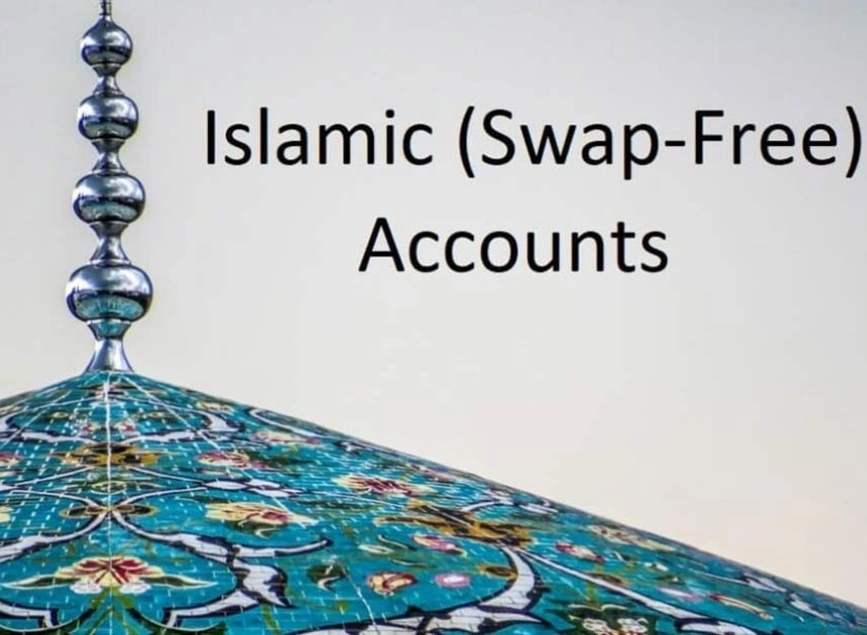
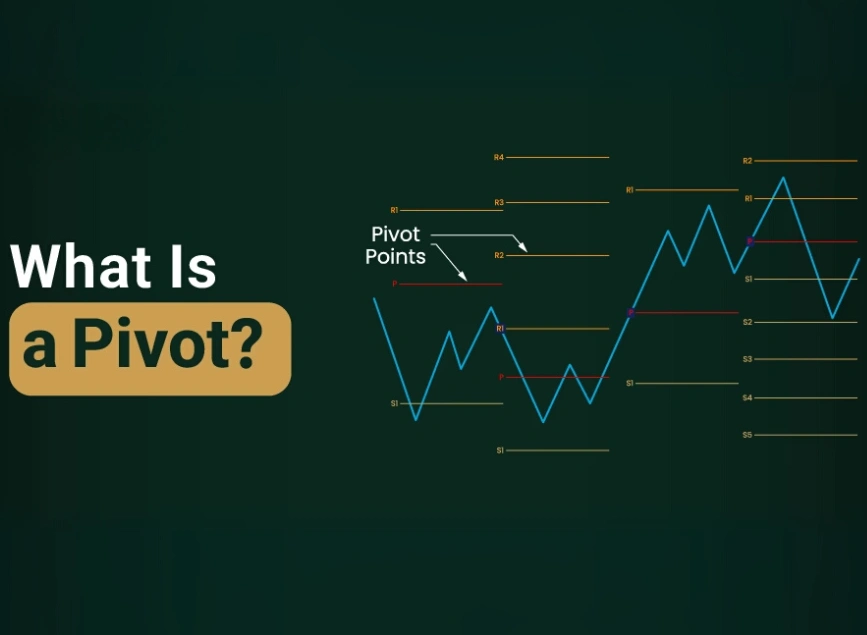
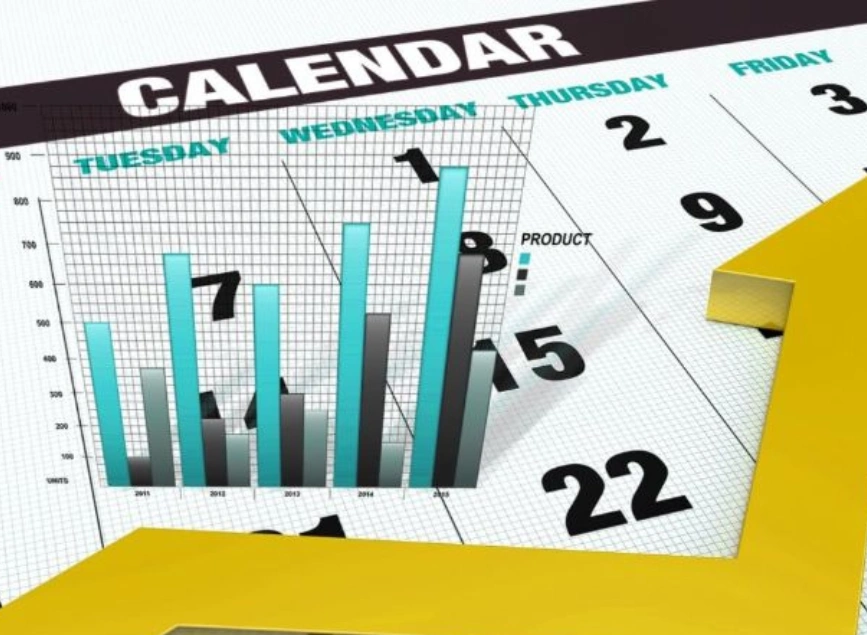
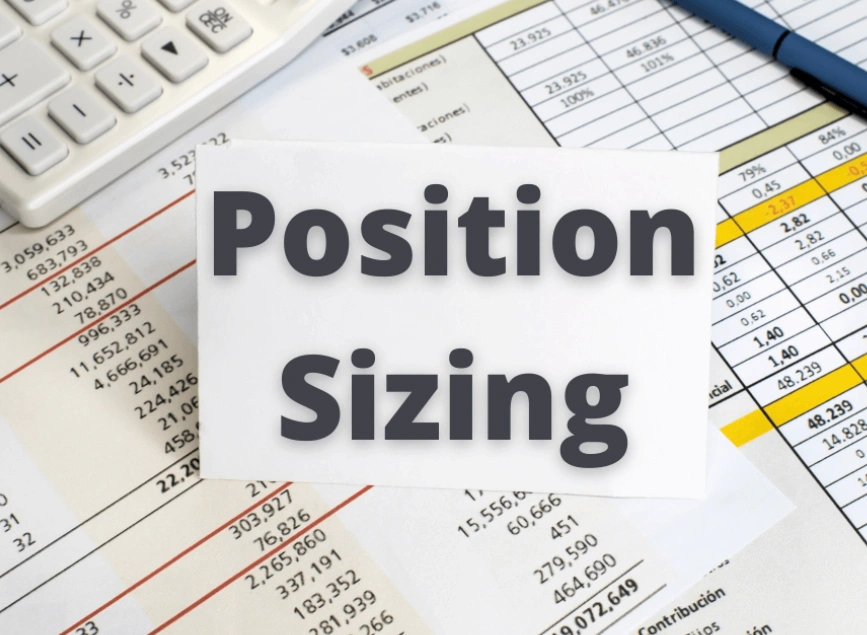
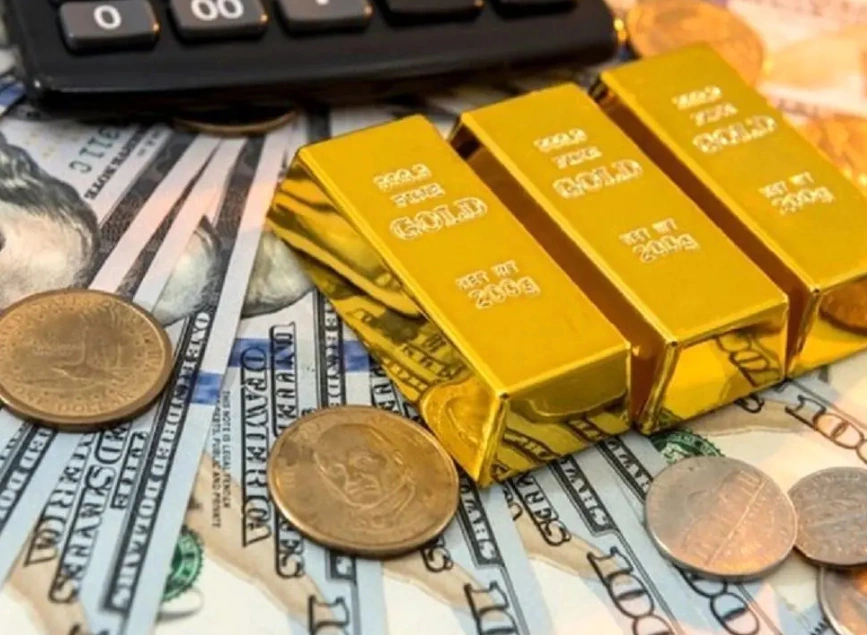
Submit comment
Your email address will not be published. Required fields are marked *